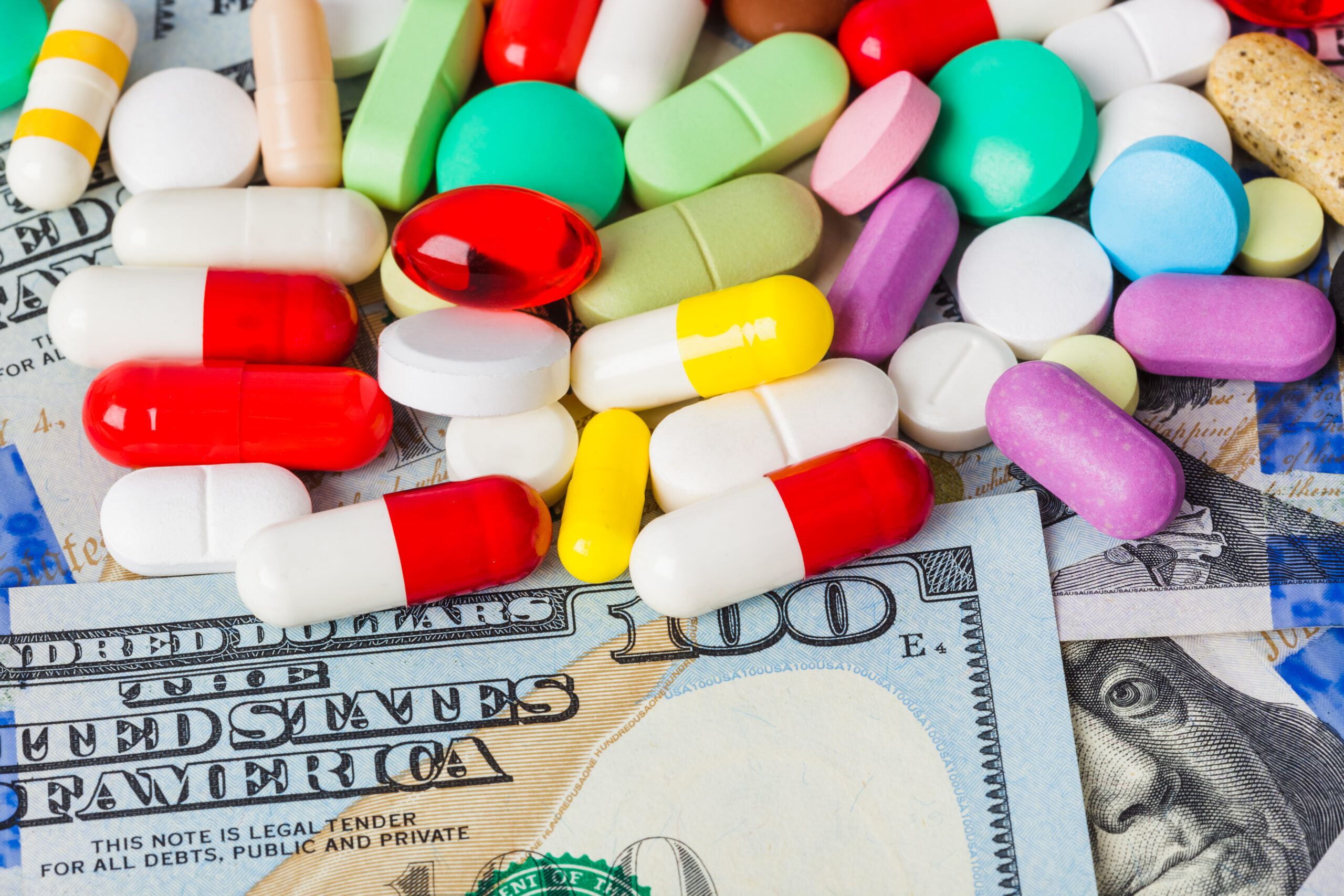© 2025 CSRXP- All Rights Reserved

BIG PHARMA WATCH: REPORT FINDS BIG PHARMA’S “PERVASIVE” PATENT ABUSE “THE ROOT OF THE DRUG PRICING CRISIS”
Sep 15, 2022
I-MAK Analysis Finds Anti-Competitive Practices That Extend Exclusivity Will Cause U.S. Patients To Spend $167 Billion on Just Three Branded Drugs Over Seven Years
A new report from the Initiative for Medicines, Access, & Knowledge (I-MAK) examines the cost of Big Pharma’s abuse of the patent system in the U.S. and the negative impact of delayed competition for patients. According to the report, titled “Overpatented, Overpriced: 2022,” the pharmaceutical industry’s “pervasive abuse of the U.S. drug patent system is at the root of the drug pricing crisis.” The report demonstrates that even on just the top 10 best-selling drugs in the U.S., Big Pharma’s anti-competitive tactics cost patients billions of dollars.
The report explains how Big Pharma games the patent system to block more affordable alternatives from coming to the market, including by building “thickets,” oftentimes comprised of hundreds of patents, and that are often filed late in a drug’s exclusivity period — keeping prices high and driving further profits for the biggest brand name drug companies.
The report also highlights how this abuse of the patent system imposes massive costs on U.S. patients while boosting Big Pharma earnings. For example, three of the drugs I-MAK examined, AbbVie’s Humira, Bristol Myers Squibb’s Eliquis, and Amgen’s Enbrel, on average faced generic or biosimilar competition in Europe 7.7 years before the U.S. According to the report and that the U.S. will spend an estimated $167 billion on the branded version of these drugs over that period.
I-MAK notes there is strong bipartisan consensus on solutions to crack down on Big Pharma’s patent abuse. The report cites a bipartisan letter from a group of U.S. Senators to U.S. Patent and Trademark Office (USPTO) Director Kathi Vidal, emphasizing that, “The Patent Act envisions a single patent per invention, not a large portfolio based on one creation.”
The report utilizes three drugs as an example of how certain companies have profited from the U.S. patent system:
Humira
- AbbVie has secured 165 patents total for Humira, with 92 percent of them filed after the drug’s initial FDA approval.
- The company derives 40 percent of its U.S. pharmaceutical revenue from Humira.
- The drug will have brought in over $100 billion for the company by the time it first faces generic competition in the U.S.
Revlimid
- Celgene and Bristol Myers Squibb have secured 117 patents total for Revlimid, with 74 percent of them filed after the drug’s initial FDA approval.
- Revlimid brings in $8.7 billion in sales per year and accounts for 30 percent of the company’s U.S. pharmaceutical revenue.
- The drug is patent protected from full competition until 2026.
Eylea
- Regeneron has secured 91 patents on Eylea, with 66 percent of them filed after the FDA approved the drug.
- The drug brings in $5.6 billion annually for the company, accounting for 48 percent of the company’s U.S. pharmaceutical revenue.
I-MAK’s latest report will add to the momentum for policymakers to build on their recent major progress toward holding Big Pharma accountable, with additional market-based solutions to lower drug prices.
Read the full report from I-MAK HERE.
Read more about Big Pharma’s patent abuse HERE.
Learn more about bipartisan, market-based solutions to hold Big Pharma accountable HERE.
